Festivals in Colombia, a country rich in cultural diversity and historical significance, celebrates a multitude of festivals and holidays throughout the year. These celebrations are deeply rooted in the country’s indigenous heritage, Spanish colonial influences, and the diverse cultural expressions of its people. In this exploration, we will delve into some of the most relevant festivals and holidays in Colombia, examining their historical origins, cultural significance, and the unique ways in which they are celebrated across the nation.
1. Carnaval de Barranquilla – February/March
Carnaval de Barranquilla stands out as one of Colombia’s most vibrant and exuberant celebrations. Held in the Caribbean coastal city of Barranquilla, this carnival is a colorful fusion of African, indigenous, and Spanish traditions. Taking place in February or March, it is a four-day extravaganza filled with parades, music, dance, and elaborate costumes.
The carnival’s roots can be traced back to a blend of pre-Columbian indigenous rituals and Spanish colonial festivities. Over the years, it has evolved into a dynamic cultural showcase that attracts both locals and tourists. The celebration features iconic characters like the Marimonda and the Congo Grande, as well as the crowning of the Carnaval Queen. Carnaval de Barranquilla is recognized by UNESCO as a Masterpiece of the Oral and Intangible Heritage of Humanity, highlighting its cultural significance.
2. Semana Santa – Holy Week (March/April)
Semana Santa, or Holy Week, is a significant religious observance in Colombia. This solemn week, leading up to Easter Sunday, commemorates the Passion, Crucifixion, and Resurrection of Jesus Christ. It is marked by processions, religious services, and rituals that vary across regions but generally reflect a deep sense of reverence and devotion.
Cities like Popayán are particularly renowned for their elaborate Semana Santa processions, which attract both locals and visitors. The processions feature religious sculptures, intricate floats, and participants dressed in traditional attire. Semana Santa is a time for reflection and spiritual contemplation, emphasizing Colombia’s strong Catholic heritage.
3. Festival de la Leyenda Vallenata – April
The Festival de la Leyenda Vallenata, held in the city of Valledupar, pays homage to vallenato music, a genre that is considered one of Colombia’s cultural treasures. This festival, typically held in April, gathers musicians, singers, and enthusiasts to celebrate the traditional music that originated in the Colombian Caribbean region.
Vallenato music often tells stories of love, nature, and daily life, and the festival includes competitions in different vallenato styles. It is a cultural event that showcases Colombia’s musical diversity and the importance of preserving and promoting traditional art forms.
4. Día del Trabajo (Labor Day) – May 1st
Día del Trabajo, or Labor Day, is a global celebration of workers and their contributions. In Colombia, May 1st is marked by demonstrations, rallies, and events organized by labor unions to advocate for workers’ rights. It is a day of solidarity, emphasizing the importance of fair labor practices and recognizing the achievements of the labor movement.
The holiday underscores Colombia’s commitment to social justice and the ongoing efforts to improve working conditions. It serves as a reminder of the collective strength of workers in shaping the nation’s progress.
5. Festival de Verano – August
Bogotá, the capital of Colombia, hosts the Festival de Verano (Summer Festival) in August. This event is a celebration of arts, culture, and sports, offering a diverse array of activities for locals and visitors. The festival includes music concerts, dance performances, sports competitions, and cultural exhibitions.
The Festival de Verano highlights Colombia’s modern cultural scene and its commitment to fostering a sense of community. It provides a platform for artists and performers to showcase their talents, contributing to the dynamic cultural landscape of Bogotá.
6. Independence Day (Día de la Independencia) – July 20th
Independence Day in Colombia is celebrated on July 20th, commemorating the country’s declaration of independence from Spanish rule in 1810. The day is marked by patriotic events, parades, and cultural activities throughout the country. The Grito de Independencia, or Cry of Independence, is a symbolic reenactment of the moment when the people of Bogotá proclaimed their desire for freedom.
Independence Day is a reflection of Colombia’s history of struggle for autonomy and self-determination. The celebrations foster a sense of national pride and unity, as Colombians come together to honor their shared heritage.
7. Carnaval de Negros y Blancos – January 2nd to 6th
The Carnaval de Negros y Blancos, held in the city of Pasto, is one of Colombia’s most distinctive and inclusive celebrations. Taking place from January 2nd to 6th, this carnival is characterized by its emphasis on racial and cultural diversity. Participants paint their faces either black or white to symbolize the blending of different ethnicities and backgrounds.
The origins of this carnival can be traced back to pre-Columbian indigenous rituals and later influences from Spanish colonialism. The blending of traditions has created a unique celebration that showcases Colombia’s cultural tapestry. The carnival features lively parades, music, dance, and the iconic “Carnavalito,” a large papier-mâché doll that represents the spirit of the carnival.
8. Fiestas de San Pacho – September
The Fiestas de San Pacho, also known as the Festival of Saint Francis, takes place in the city of Quibdó in September. This festival combines Catholic traditions with Afro-Colombian and indigenous elements, creating a unique celebration that reflects the cultural diversity of the Chocó region.
The festival features vibrant processions, traditional dances, and religious ceremonies honoring Saint Francis. It is a time for communities to come together, express gratitude for the region’s natural abundance, and celebrate their shared cultural heritage.
9. Día de la Raza (Day of the Race) – October 12th
Día de la Raza, also known as Columbus Day, commemorates Christopher Columbus’s arrival in the Americas. While the day is observed with cultural events, parades, and celebrations across Latin America, including Colombia, there is also a growing awareness of the need to recognize and celebrate indigenous cultures.
In Colombia, Día de la Raza serves as an opportunity to reflect on the country’s diverse ethnicities and promote understanding and respect among different racial and cultural groups.
10. Día de los Santos Inocentes (Day of the Holy Innocents) – December 28th
Día de los Santos Inocentes, similar to April Fools’ Day, is celebrated on December 28th. On this day, people play pranks and jokes on each other, creating a festive and humorous atmosphere. It is a day to lighten the mood and share laughter with friends and family.
The origin of this tradition is linked to the biblical story of King Herod’s order to massacre young male infants in an attempt to kill the baby Jesus. Over time, the somber aspect of the story evolved into a day of lighthearted jesting and playful tricks.
Conclusion
The festivals and holidays of Colombia provide a captivating glimpse into the country’s cultural richness, historical depth, and vibrant diversity. From the exuberant Carnaval de Barranquilla to the solemn observance of Semana Santa, each celebration reflects a unique facet of Colombia’s identity—a fusion of indigenous, African, and European influences.
These festivals are not only occasions for joy and revelry but also opportunities for communities to express their shared history, values, and aspirations. The blending of pre-Columbian rituals with colonial traditions has given rise to celebrations that are distinctly Colombian, showcasing the resilience and creativity of its people.
Moreover, these festivals serve as a testament to Colombia’s commitment to preserving its cultural heritage while embracing the dynamic changes of the modern era. The festivals are bridges that connect the past with the present, fostering a sense of continuity and identity among Colombians.
As Colombia continues to evolve and face new challenges, these celebrations will undoubtedly play a crucial role in shaping the narrative of the nation. They serve as powerful expressions of collective pride, resilience, and the enduring spirit of a country that takes pride in its diversity and cultural vibrancy. Through these celebrations, Colombia weaves a tapestry of traditions that transcends time, inviting both locals and visitors to join in the festivities and experience the heart and soul of this remarkable nation.


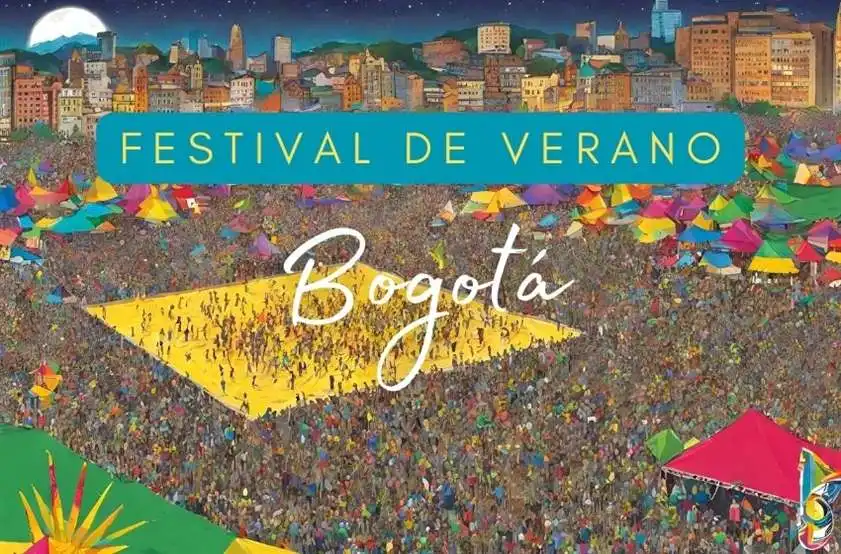
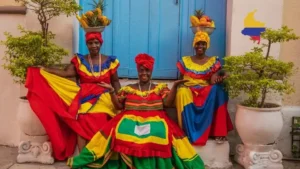
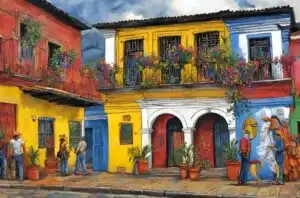
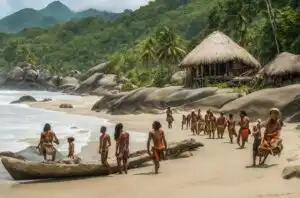
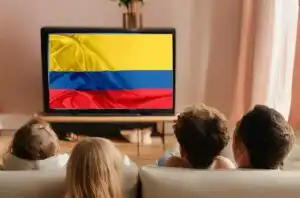
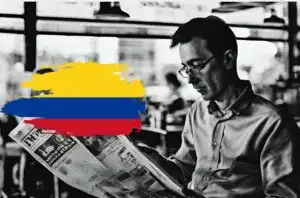
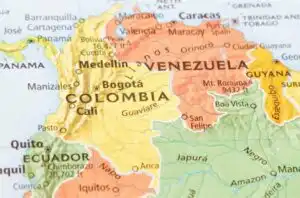
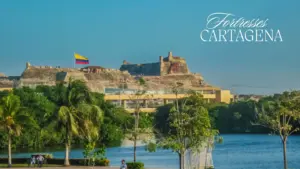
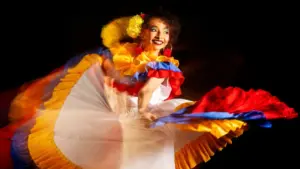
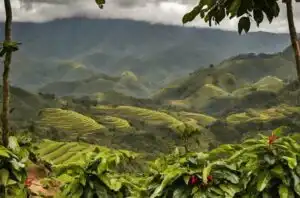

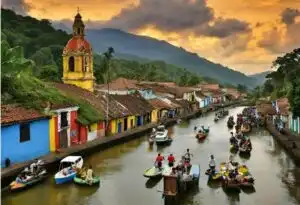

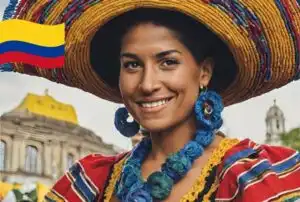
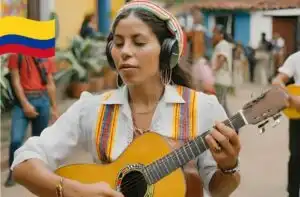
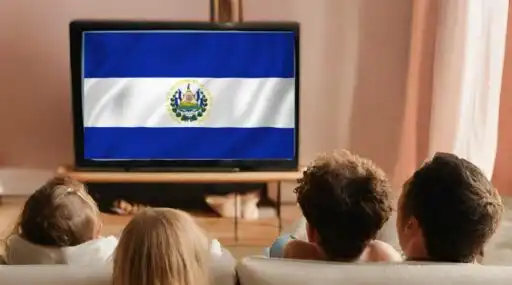
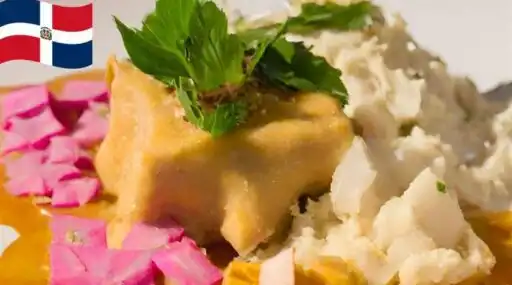
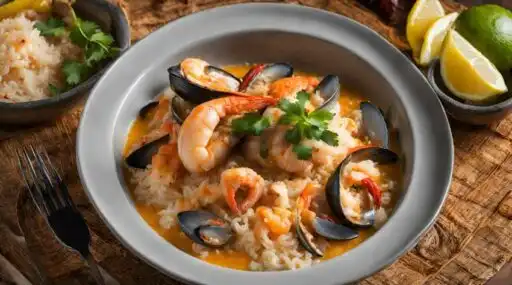
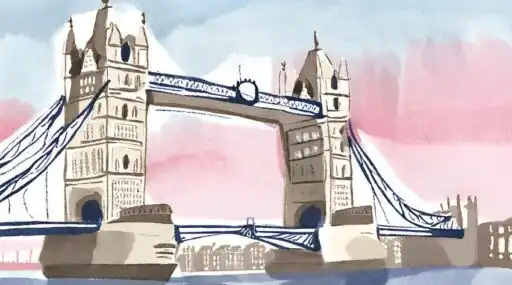
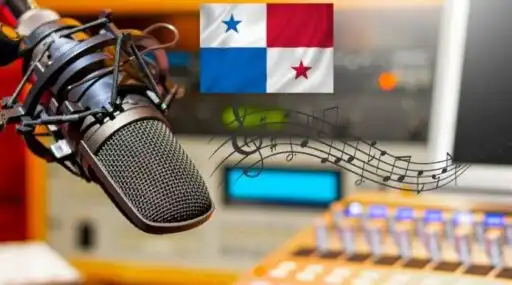

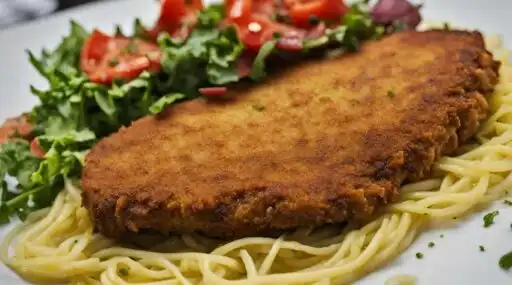


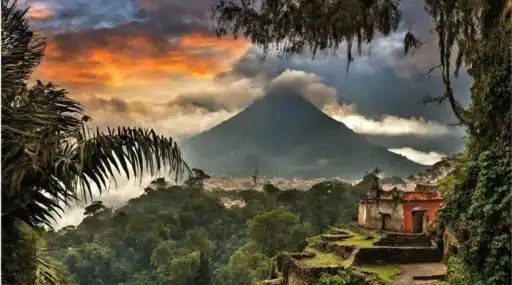
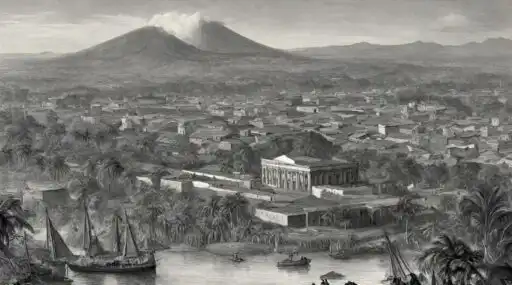
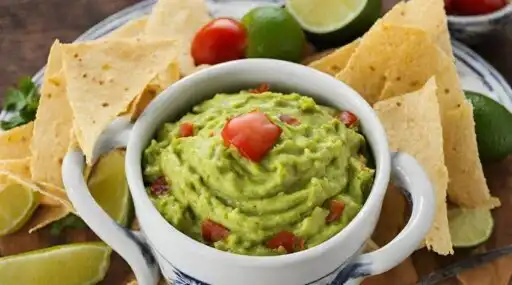
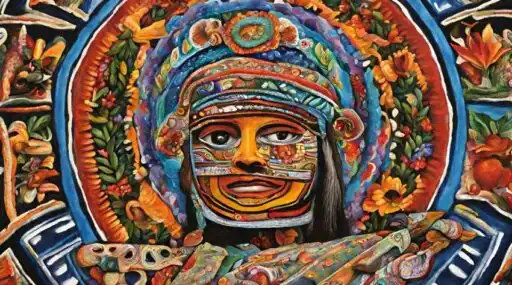
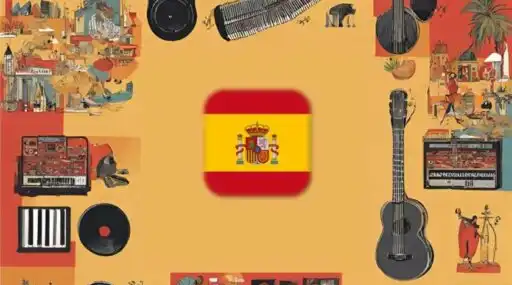
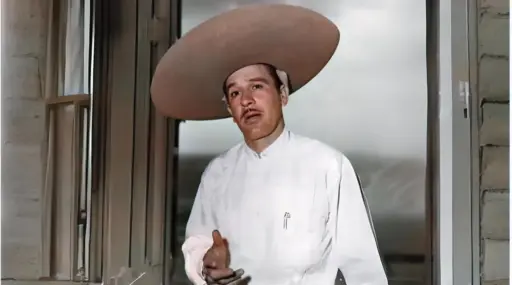
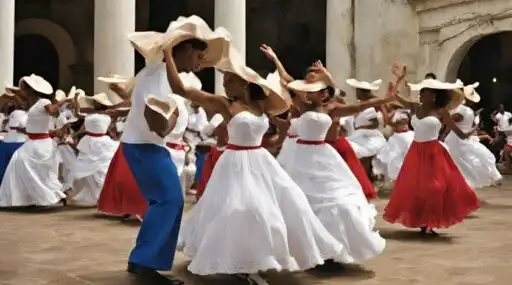
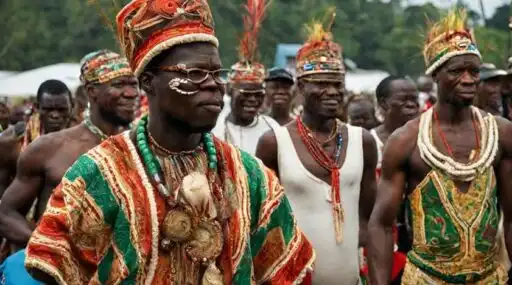
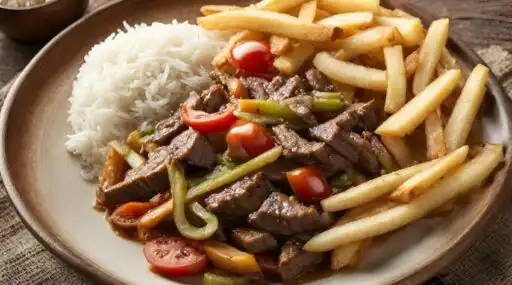
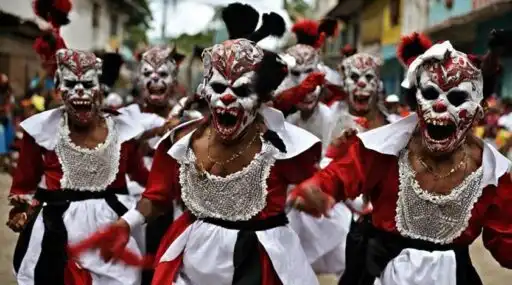
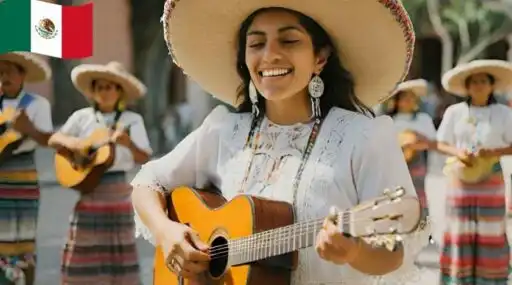

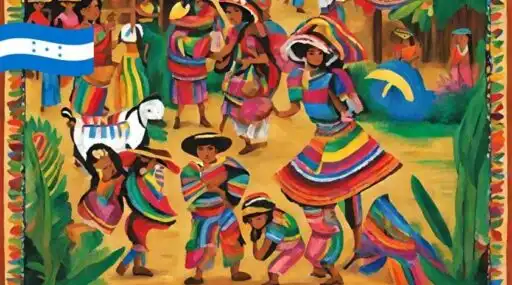
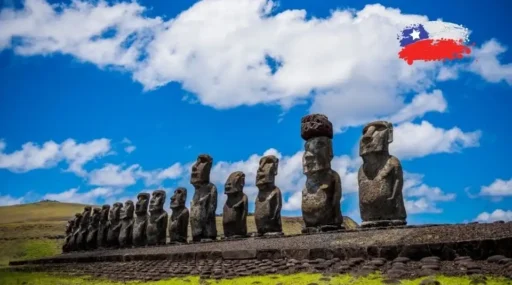
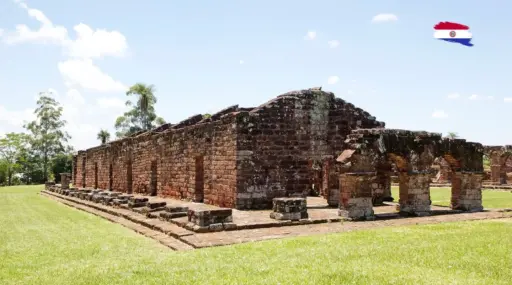
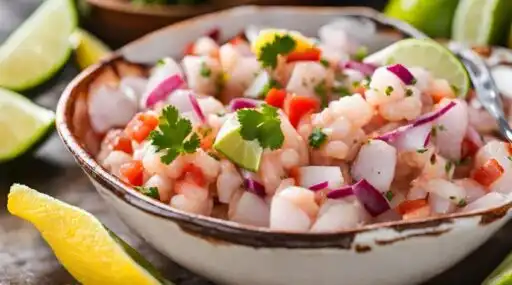
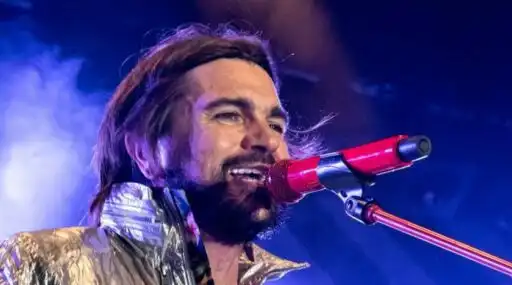
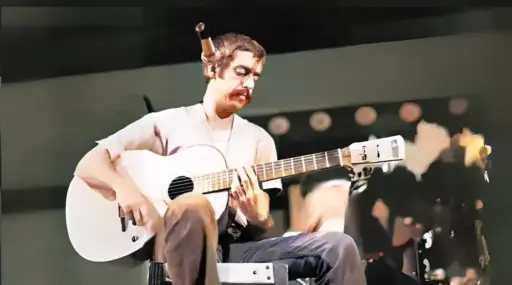
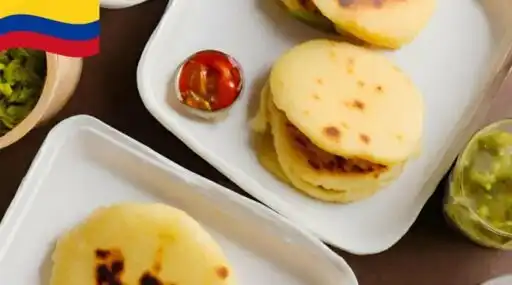
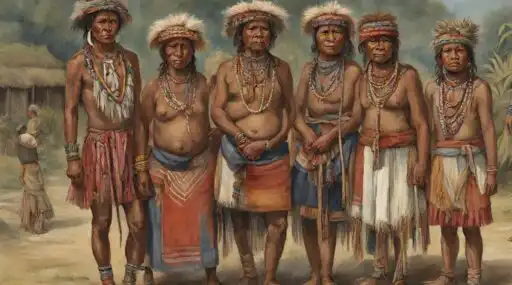
Leave a Reply